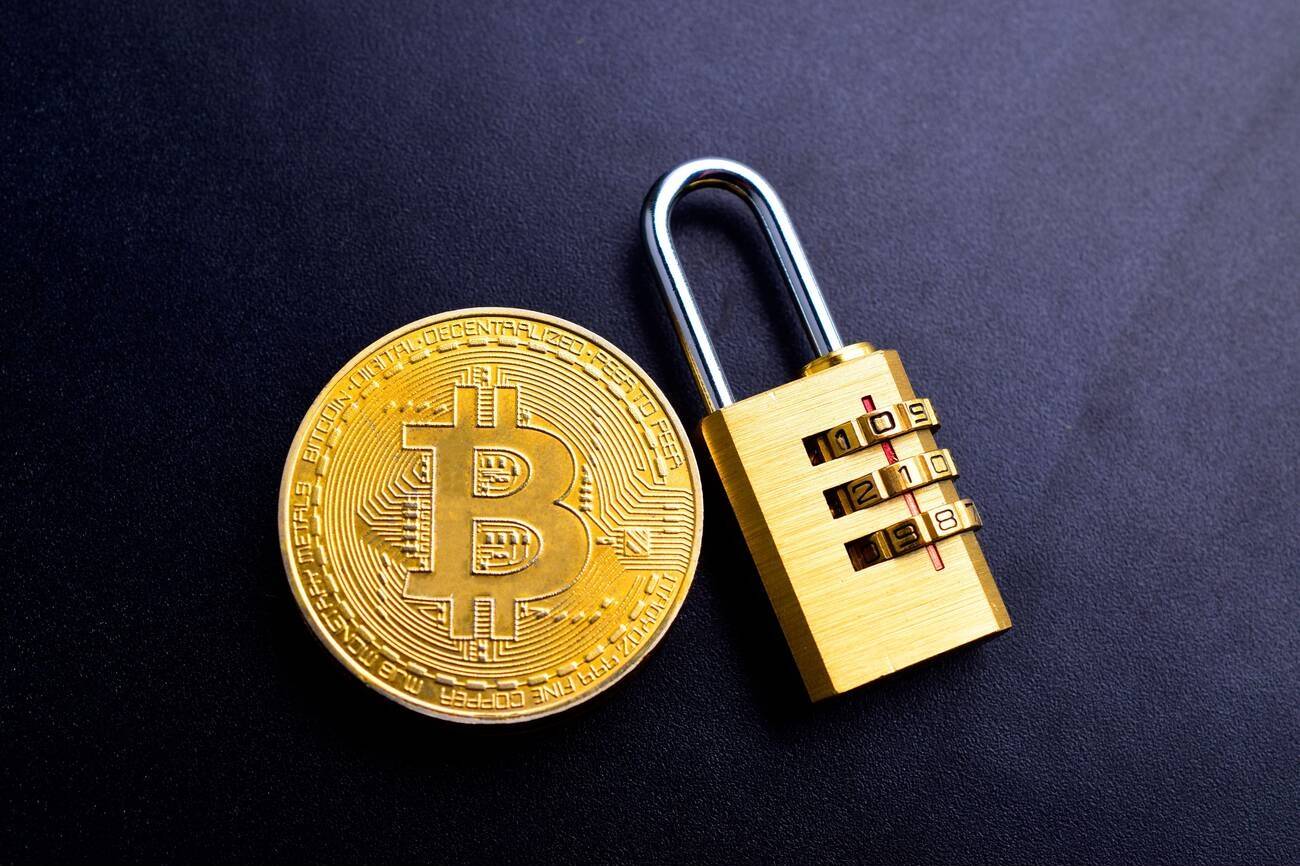Join Our Telegram channel to stay up to date on breaking news coverage
The European Union (EU) Council has recently taken a significant step in addressing the growing concerns surrounding cryptocurrency-related money laundering activities. In a bid to strengthen its regulatory framework, the Council has adopted new rules aimed at preventing illicit financial flows facilitated by digital currencies. The move reflects the EU’s commitment to strike a balance between fostering innovation in the blockchain space and safeguarding the integrity of its financial system.
Enhanced Regulations for Cryptocurrencies
The newly adopted rules introduce stricter measures for cryptocurrency exchanges and wallet providers operating within the EU. Key provisions include:Cryptocurrency platforms will be required to conduct thorough customer due diligence measures, including identity verification, for all transactions. This aims to enhance transparency and prevent anonymity, making it harder for criminals to exploit digital currencies for illicit activities.
Cryptocurrency exchanges and wallet providers will be mandated to report suspicious transactions to relevant authorities. This reporting requirement serves as an early warning system to detect potential money laundering or terrorist financing activities.
The regulations emphasize the importance of cross-border cooperation and information sharing among EU member states. The enhanced collaboration will enable authorities to track and investigate suspicious transactions that might involve multiple jurisdictions, facilitating more effective countermeasures against money laundering.
The rules introduce a licensing framework for cryptocurrency service providers. Exchanges and wallet providers will need to obtain licenses from competent authorities, subjecting them to oversight and ensuring compliance with anti-money laundering (AML) and counter-terrorism financing (CTF) regulations.
The adoption of these rules marks a significant milestone in the EU’s efforts to address the vulnerabilities associated with cryptocurrencies. It will help to protect consumers from the risks associated with cryptocurrency investments, as well as help to protect the integrity of the EU financial system. The enhanced regulations are expected to yield several benefits:
Improved Security: By imposing stricter compliance requirements on cryptocurrency service providers, the rules aim to enhance the security and integrity of the digital asset ecosystem. This will bolster consumer confidence in using cryptocurrencies for legitimate purposes.
Enhanced Financial Stability
Mitigating the risks associated with money laundering and illicit financial activities helps safeguard the stability of the EU’s financial system. The regulations reinforce the EU’s commitment to combatting financial crimes and maintaining a secure and transparent financial environment.
The adoption of these rules aligns the EU’s regulatory framework with international standards set by organizations like the Financial Action Task Force (FATF). This helps to ensure that the EU’s financial system is protected from money laundering and other financial crimes.
The standards also make it easier for the EU to cooperate with other countries and international organizations, which can help to create a more secure global financial system. This harmonization facilitates cooperation and information sharing among global regulatory bodies, strengthening the fight against money laundering on a global scale.
By introducing a clear regulatory framework, the EU aims to strike a balance between protecting its financial system and fostering innovation in the blockchain and cryptocurrency industry. Clear guidelines and a level playing field for businesses operating in this space can encourage responsible innovation and investment.
The framework is designed to protect the financial system from potential risks while allowing businesses to operate freely and innovate without fear of over-regulation. It also helps to create a competitive environment that encourages new ideas and encourages businesses to create more efficient and effective solutions without sacrificing consumer protection.
The EU Council’s adoption of new rules to prevent money laundering in the cryptocurrency sector signifies the EU’s commitment to strengthening its regulatory framework while embracing the potential of blockchain technology.
By setting stricter compliance requirements and enhancing cooperation among member states, the EU aims to curb illicit financial flows while fostering a secure and innovative digital asset ecosystem. These regulations are expected to contribute significantly to combating money laundering and ensuring the integrity of the EU’s financial system in an era of increasing digitalization.
Join Our Telegram channel to stay up to date on breaking news coverage


